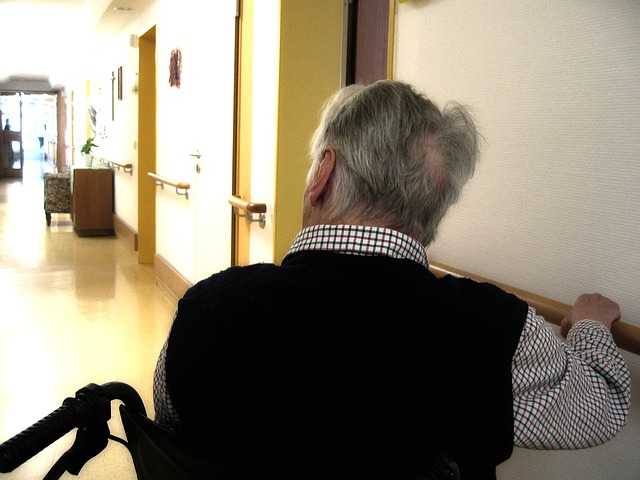Once a person crosses the 60- or 70-year mark, early signs of diseases due to old age start appearing. It could be arthritis, dementia, Alzheimer’s, and cardiac conditions, among others. Some elders tend to forget their medication, while others even require assistance to perform their daily activities. They need special care, especially if they’re alone or their spouses are also in similar conditions.
For Interested Learners
Courses in geriatrics or aged care are available to anyone wanting to learn proper health care for elderly people. Students who attend these classes learn how to fulfil the special requirements and needs of these senior citizens. Their needs are unlike those of other normal patients. With these courses, students find out the difference between ordinary care and aged care.
According to Kirana, the curriculum aims to develop workers with multiple skills to cater to the broad range of services required to support senior citizens. It also includes mandatory hours exclusively for vocational training and placement. This gives them exposure to real life situations under supervision. They learn how to support the senior citizens’ needs, individual well-being, and the safety procedures to be followed.

Cultural Aspect
The cultural background of the senior citizens should also be taken into account. For instance, in many countries in Asia, government established elderly care centres aren’t common at all. The traditional method where families take care of the elderly is still preferred. But even here, things are changing, especially with the rise in life expectancy levels.
Also, most elderly don’t respond well to pity. They’re at their most susceptible and vulnerable stage of their lives. So they should be supported in a way that they can maintain their independence and lead their lives with dignity.
It’s important to realise that these are not similar to other available business courses. Here, the client isn’t a businessmen, but fragile, sick, and in some cases completely dependent human being. That’s why caregivers should combine knowledge with genuine empathy when dealing with them.
